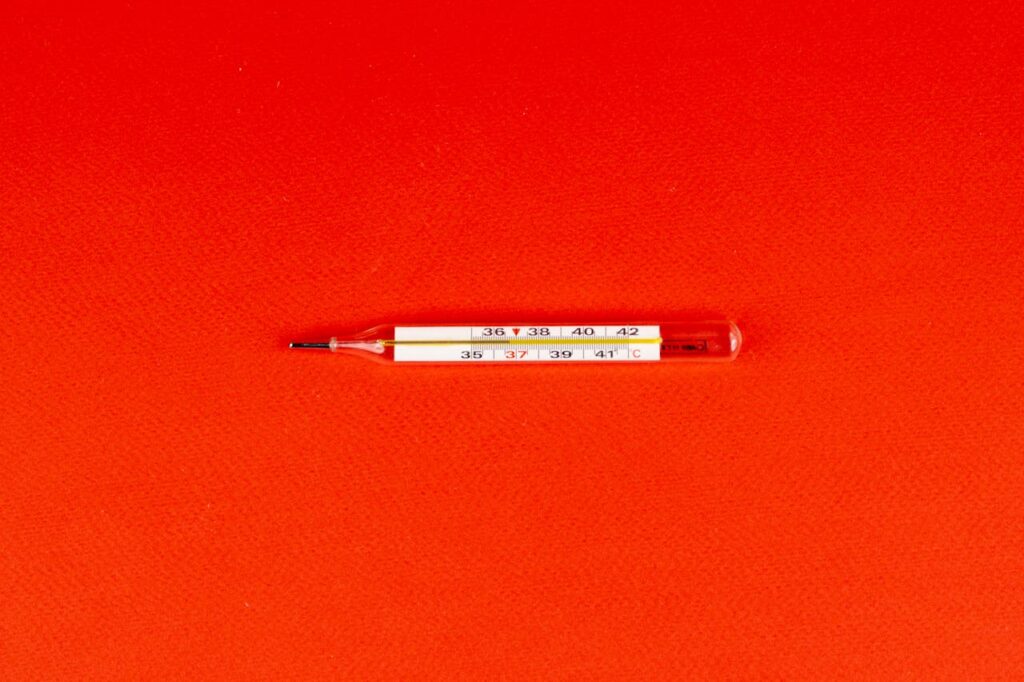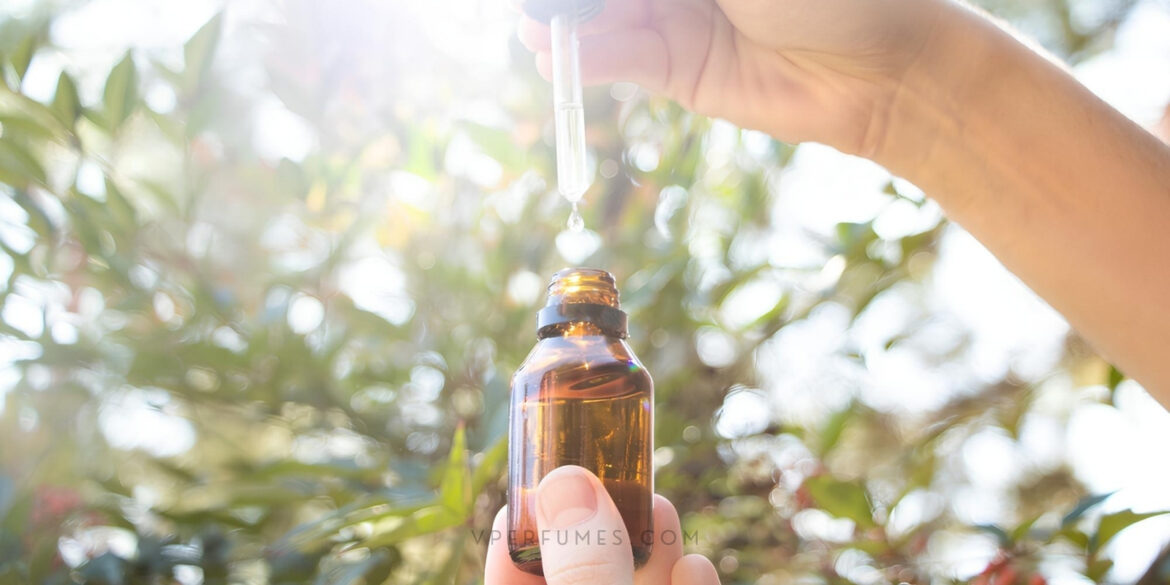We choose our perfume of the day based on various factors. Our mood, the occasion, or the time of day even. But have you considered choosing your fragrance based on the weather? I bet you have. Otherwise, you wouldn’t be here reading this. You may have noticed that your favorite scent behaves differently depending on the season, weather, or temperature. Understanding why perfume longevity, performance, and sillage (the trail of scent left behind) change with environmental conditions can help you get the most out of your fragrances. Let’s explore this fascinating occurrence together.
The Science of Perfume and Weather
Perfumes are composed of various note layers—top, middle, and base—that evaporate at different rates. This evaporation process is influenced by external factors such as temperature, humidity, and even wind. These factors determine how quickly the fragrance’s molecules dissipate, affecting its performance.
Temperature’s Impact on Longevity and Sillage

Heat and High Temperatures:
- In warm or hot weather, perfume molecules evaporate faster. This can amplify the top notes and increase the scent’s projection and sillage. However, the downside is that the fragrance may fade more quickly because the evaporation process is accelerated.
- Fragrances with fresh, citrusy, or aquatic notes perform exceptionally well in summer because they are designed to be light and refreshing.
Cold and Low Temperatures
- In cooler conditions, perfume molecules evaporate more slowly, making the scent last longer on the skin. However, the sillage may be less as the scent stays closer to the body.
- Warm, spicy, oud, and gourmand fragrances perform best in winter, as their heavier compositions hold up better in the cold.
Humidity and Its Role

High Humidity:
- Dry environments allow perfumes to evaporate quickly, similar to high temperatures. Using moisturizers before applying perfume to hydrated skin can help improve fragrance longevity in such conditions.
Low Humidity:
- In humid climates, moisture in the air can interact with the fragrance molecules, potentially dulling the scent or altering its composition. Lightweight perfumes are often better suited for such conditions as they are not overwhelming.
Skin Chemistry and Weather
Your skin’s temperature and hydration levels also influence how a perfume performs. Warmer skin improves the scent projection, while drier skin may absorb the fragrance, reducing projection.
How to Optimize Your Perfume in Different Weather Conditions
Choose Weather-Appropriate Scents
- For summer and spring: Go for light, fresh fragrances with notes like citrus, green tea, or floral accords.
- For winter and fall: Go for rich, warm scents featuring vanilla, amber, and spices.
Application Tips
- Apply perfume to pulse points, such as the wrists, neck, and behind the ears.
- Layer your fragrance over a moisturizer or body oil to help it cling to the skin.
Store Your Perfumes Correctly
- Avoid exposing your fragrances to extreme temperatures or direct sunlight, which can alter their composition and performance. The best places to store perfumes are cool, dry, and dark.
The way perfume interacts with the weather and temperature is fascinating. This is why it’s essential to understand the science behind this remarkable phenomenon to align your fragrance preferences with it. Selecting weather-appropriate scents and using proper application techniques ensures your favorite perfumes perform beautifully year-round.
Visit V Perfumes for versatile and seasonal fragrance options for men, women, and unisex at the best prices all year.




